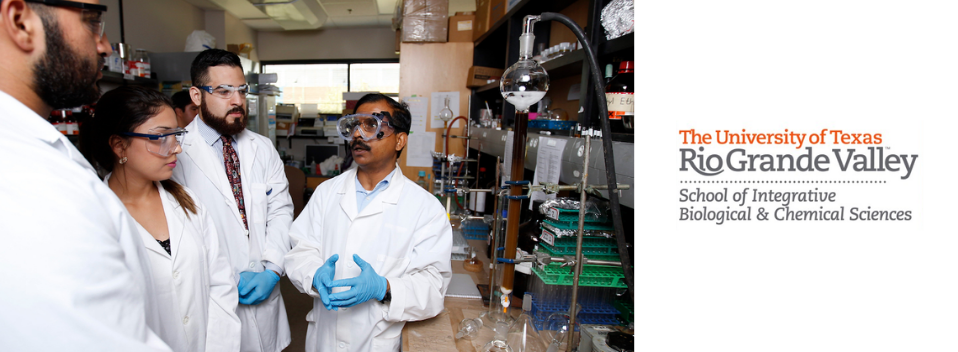
School of Integrative Biological & Chemical Sciences Faculty Publications
Domesticating the Exotic? An Online Survey of Attitudes towards the International Wildlife Pet Trade
Document Type
Article
Publication Date
9-2021
Abstract
There are a variety of perspectives on wildlife management and conservation, necessitating interdisciplinary research to develop better management strategies. We answered the call to action provided by Teel et al. (2018) to integrate social sciences into conservation and explored an important but understudied issue: views on the international pet-trade of exotic animals. Some pet owners advocate the pet trade as a means to promote conservation, where removing wild animals from their natural habitat could protect them from degraded environments. To gauge how prevalent this attitude is in a cross-national sample, we conducted an online survey that asked 882 participants worldwide to evaluate the pet trade and its relationship with biological conservation. Overall, our survey results showed regional patterns and indicated that younger respondents were more likely to consider international pet trade as a form of acceptable conservation practice compared to older respondents. Education also played a role in shaping views on the pet-trade and indicated that respondents with higher education degrees were less prone to accept pet trade as a substitute for conservation practices. Our research provides novel insights applicable to education programmes and international conservation efforts while highlighting variation in attitudes even among professionals with formal training in natural sciences and ecology.
Recommended Citation
Contina, Andrea, Christopher E. Anderson, David C. Hille, William F. Oakley, Eli S. Bridge, Jeffrey F. Kelly, Haley O. Smith, Jennifer Koch, and Lori L. Jervis. "Domesticating the Exotic? An Online Survey of Attitudes towards the International Wildlife Pet Trade." Conservation and Society 19, no. 3 (2021): 184-189. https://doi.org/10.4103/cs.cs_209_20
Creative Commons License

This work is licensed under a Creative Commons Attribution 4.0 International License.
Publication Title
Conservation and Society
DOI
https://doi.org/10.4103/cs.cs_209_20


Comments
Contina et al. © 2021. This is an open access article distributed under the terms of the Creative Commons Attribution License, which permits unrestricted use and distribution of the article, provided the original work is cited